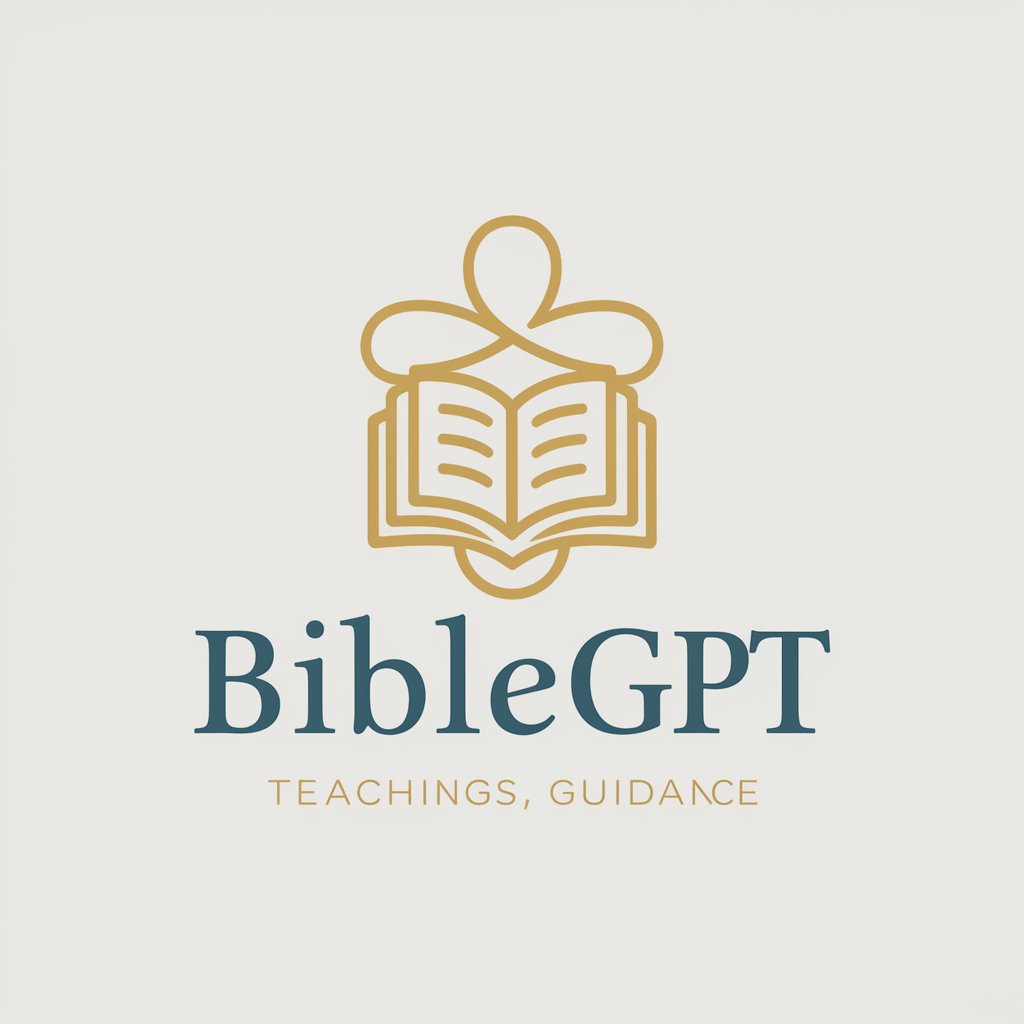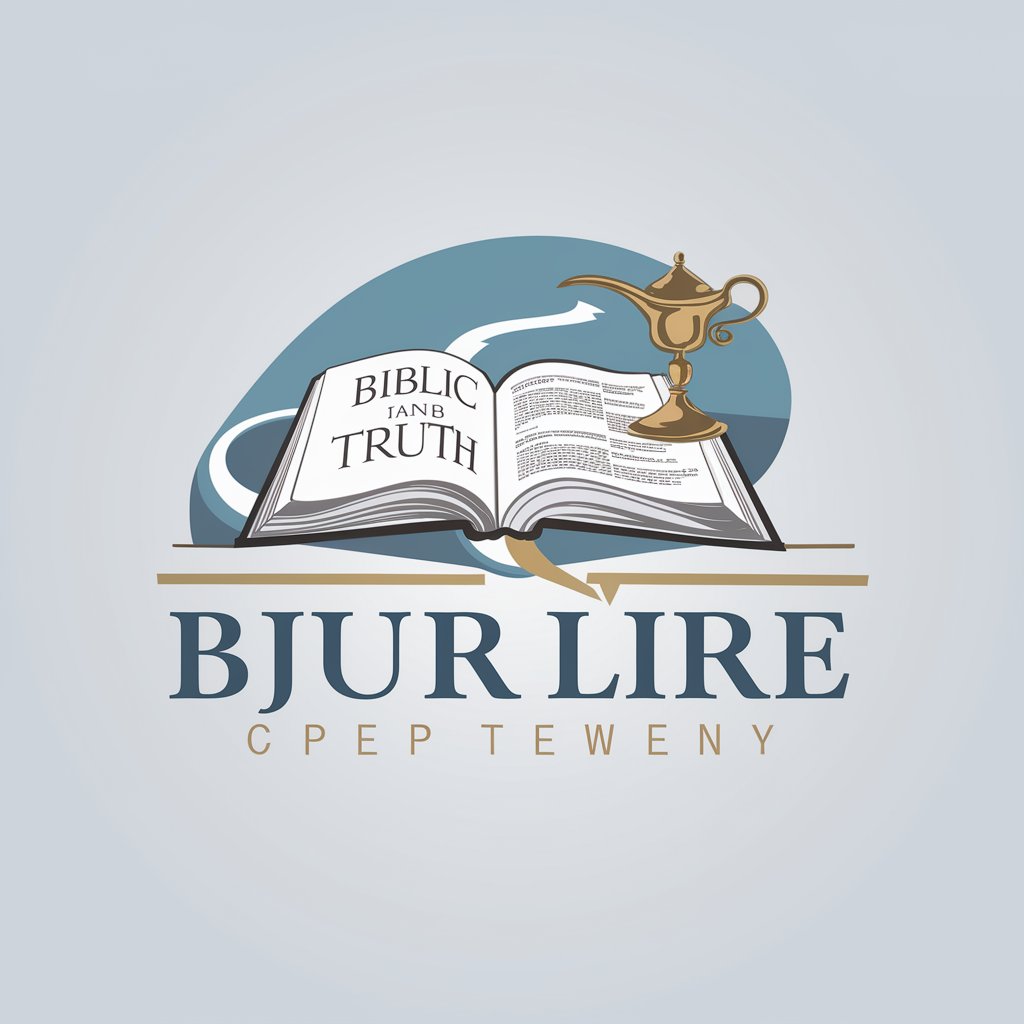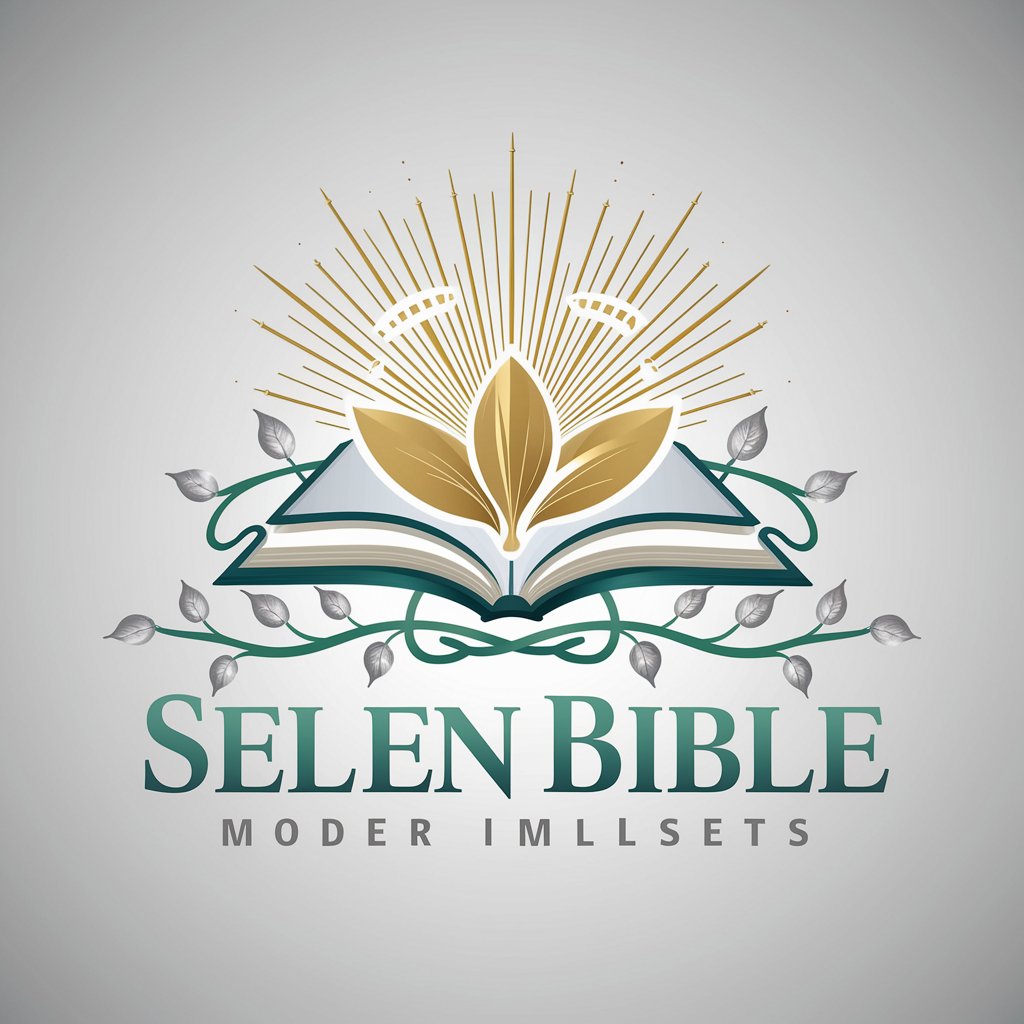
Biblical Wisdom - Easy Scriptural Insights
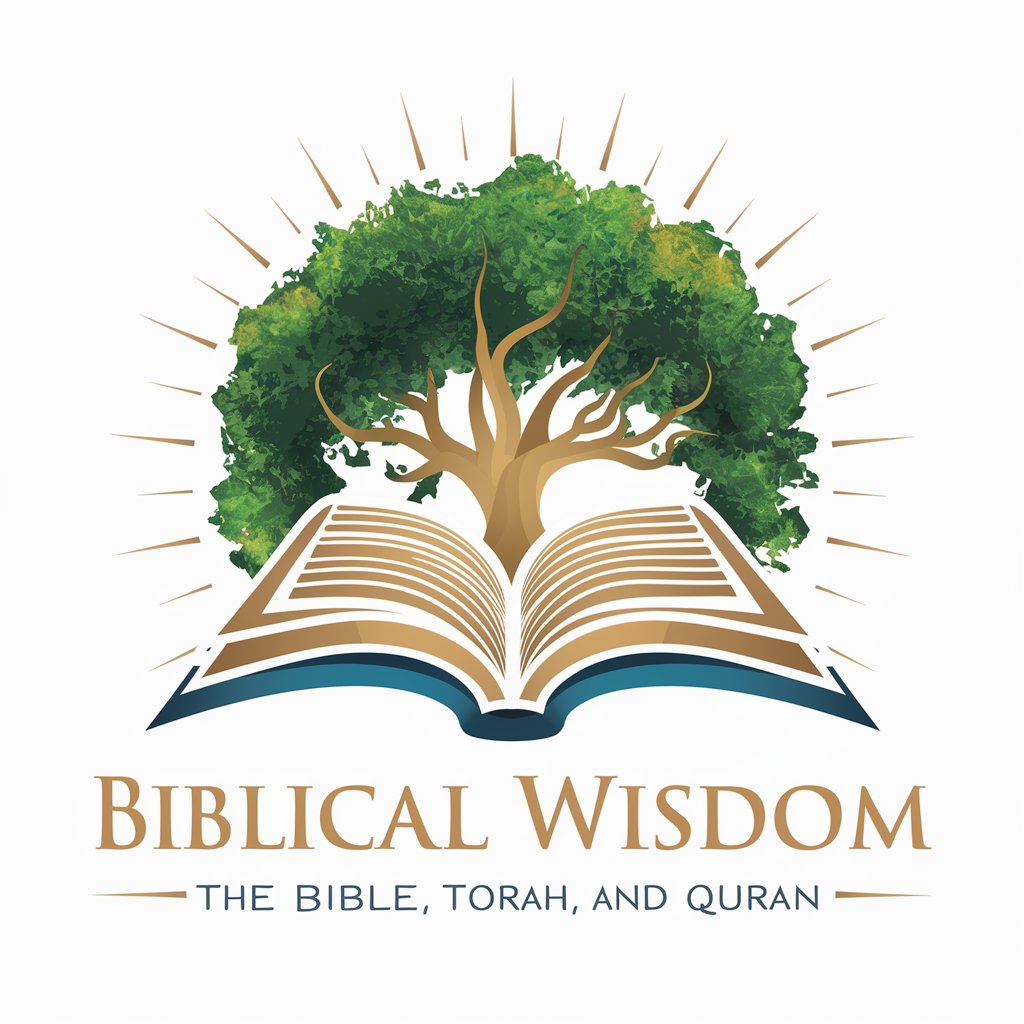
Welcome! Let's explore the wisdom of the Bible, Torah, and Quran together.
Unlocking Scriptural Wisdom with AI
Can you explain the shared moral values found in the Bible, Torah, and Quran?
How does the concept of wisdom manifest in different religious texts?
What are some examples of inclusive teachings from the Bible, Torah, and Quran?
How can the teachings of these scriptures be applied to modern life?
Get Embed Code
Introduction to Biblical Wisdom
Biblical Wisdom is designed as a conversational, approachable AI interface that brings the wisdom of sacred texts such as the Bible, Torah, and Quran closer to users of all backgrounds. This AI aims to simplify complex religious teachings, making them more accessible and relatable without diluting their essence. Its primary goal is to highlight the shared moral foundations and teachings across these texts, fostering understanding and respect among diverse user groups. For example, a user might inquire about the concept of forgiveness across these scriptures, and Biblical Wisdom would provide explanations and relevant teachings from each text, illustrating their commonalities and unique perspectives. Powered by ChatGPT-4o。

Main Functions of Biblical Wisdom
Scriptural Explanation
Example
Explains verses and parables from the Bible, Torah, and Quran to users who seek understanding of specific passages.
Scenario
A user asks for an explanation of the Parable of the Good Samaritan. Biblical Wisdom would break down the narrative and teachings, discussing the themes of mercy and neighborliness present in Christianity and comparable concepts in Judaism and Islam.
Comparative Religious Insights
Example
Compares doctrines and teachings on similar themes across different religious texts.
Scenario
If a user questions how different religions view the afterlife, Biblical Wisdom can compare the Christian perspective from the Bible, Jewish views from the Torah, and Islamic beliefs from the Quran, highlighting both differences and overlapping beliefs.
Moral and Ethical Guidance
Example
Provides guidance on moral dilemmas using principles derived from religious texts.
Scenario
A user facing an ethical decision about honesty in professional life might seek advice. Biblical Wisdom would offer insights based on ethical teachings from the scripture about truthfulness and integrity.
Ideal Users of Biblical Wisdom
Religious Educators
Teachers and scholars looking to integrate and compare teachings from different religious traditions into their curriculums would find Biblical Wisdom invaluable for preparing lessons and resources that highlight interfaith understanding.
Students and Lifelong Learners
Individuals of any age seeking to understand or deepen their knowledge of religious texts would benefit from the accessible explanations and comparative analyses provided, enhancing both their spiritual and intellectual growth.
Interfaith Dialogue Participants
Anyone engaged in interfaith dialogue would benefit from Biblical Wisdom's ability to provide nuanced, respectful, and informed perspectives on the teachings of multiple religions, fostering greater empathy and cooperation among diverse religious communities.

How to Use Biblical Wisdom
Visit yeschat.ai for a free trial
Start exploring Biblical Wisdom by visiting yeschat.ai, where you can access a free trial of the tool without any need to log in or subscribe to ChatGPT Plus.
Choose a scripture
Select a scripture or topic of interest from the Bible, Torah, or Quran. This focus will guide your interaction and the insights you receive.
Ask your questions
Pose your questions or share your thoughts related to the selected scriptures. Be specific to get more precise and relevant insights.
Consider the insights
Reflect on the answers provided, comparing different interpretations and perspectives across the texts to deepen your understanding.
Apply the teachings
Think about how the insights can be applied to modern life situations, enhancing personal growth and understanding.
Try other advanced and practical GPTs
Wisdom Teacher
Empowering Educators with AI Insights

Habit Helper
Craft Habits with AI Precision

Habit Journal
Empower your habits with AI.

Habit Professor
Transform habits with AI-driven guidance
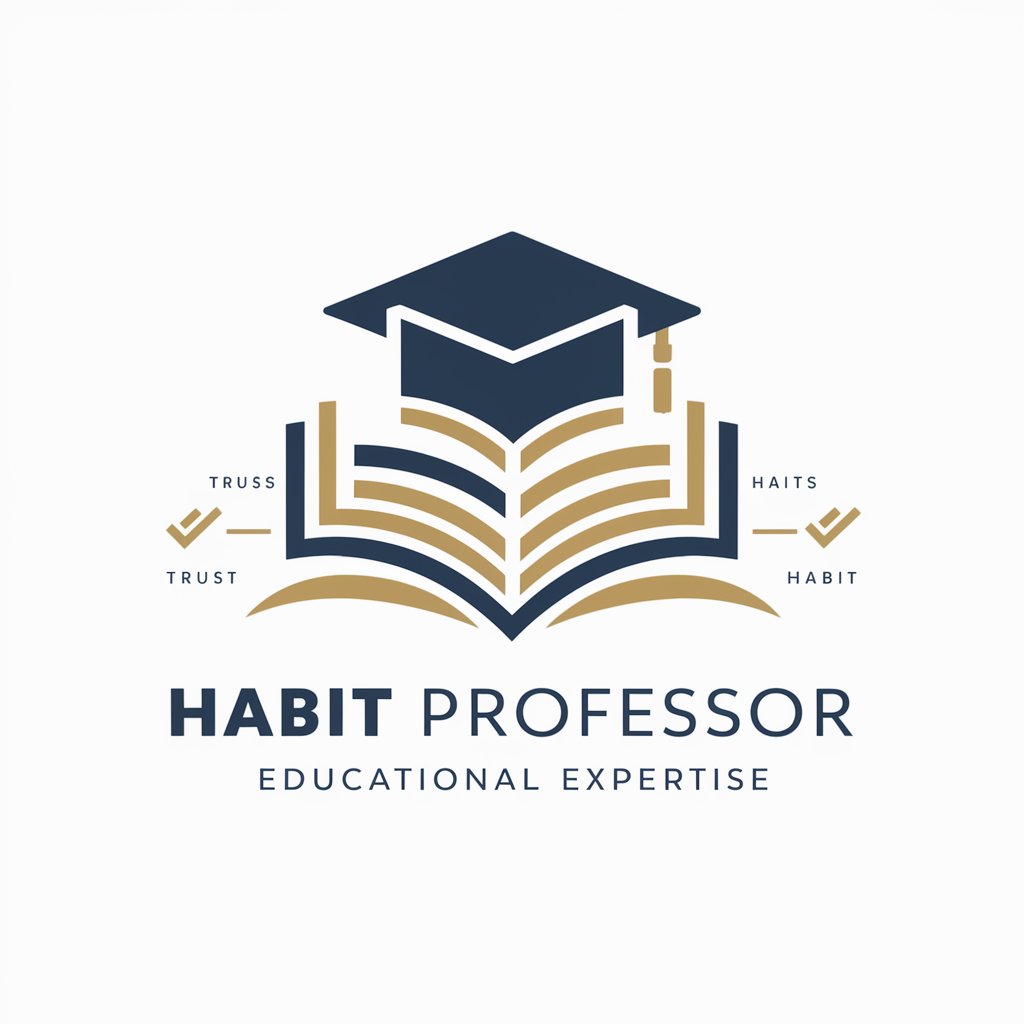
Habit Helper
Craft Habits with AI Power

Habit Helper
Empowering Habits with AI Humor

Whisker Wisdom
Purr-fect Cat Facts at Your Fingertips

Wellness Wisdom
Empowering Wellness with AI

Wisdom Whisperer
Elevate your mindset with AI-powered wisdom

Legal Wisdom
Your AI-powered guide to Chinese law

Elder Wisdom
Unlock the mysteries of ancient wisdom with AI.
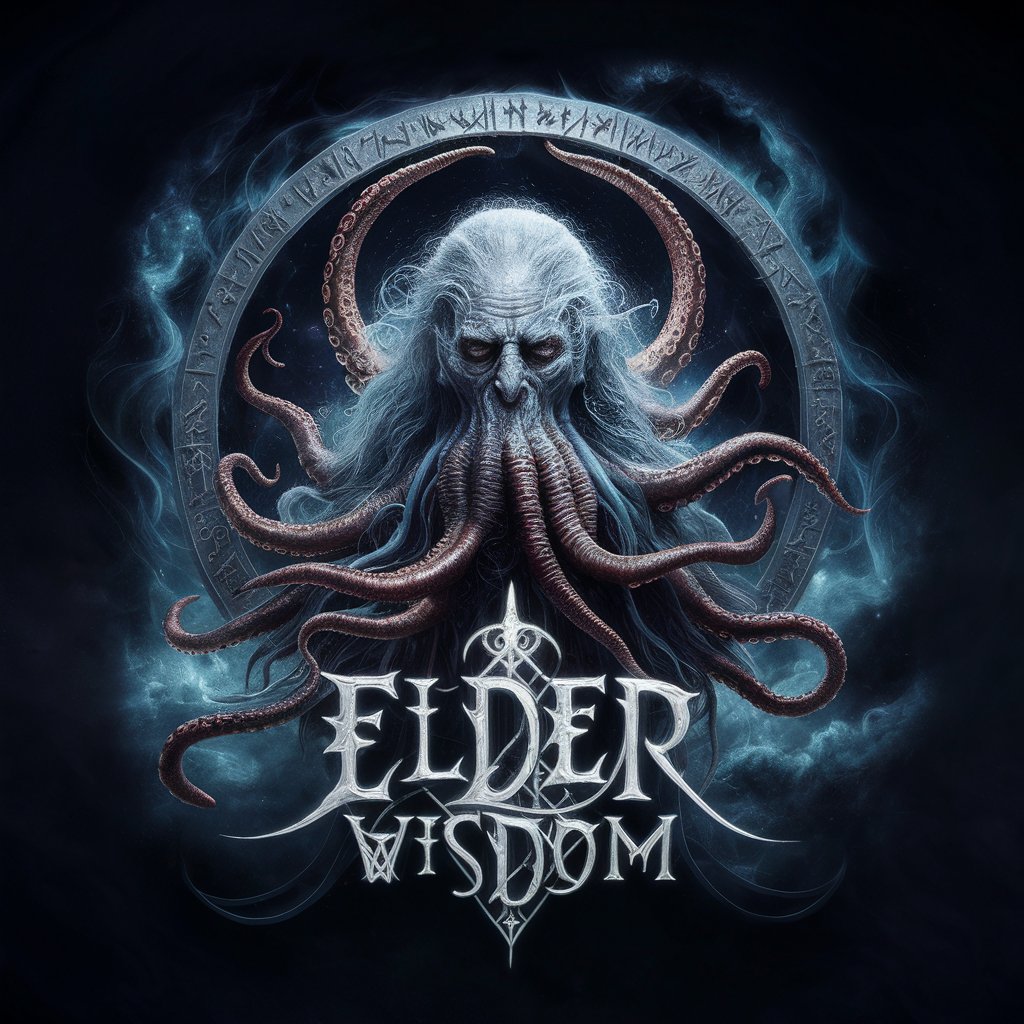
Pop News
Your AI-powered Pop Culture Digest

Frequently Asked Questions about Biblical Wisdom
What is Biblical Wisdom?
Biblical Wisdom is a conversational tool designed to make the wisdom of the Bible, Torah, and Quran accessible. It focuses on drawing out shared moral values and teachings in a user-friendly manner.
How does Biblical Wisdom handle different religious texts?
The tool is programmed to respect the individual characteristics of each religious text while highlighting common moral and ethical teachings, promoting an inclusive understanding across different faiths.
Can Biblical Wisdom help me with personal issues?
Yes, it can offer guidance based on scriptural wisdom for personal dilemmas or moral questions, providing insights that reflect a broad spectrum of religious teachings.
Is Biblical Wisdom suitable for academic research?
While primarily designed for personal and spiritual growth, Biblical Wisdom can also serve as a supplementary resource for academic studies in theology and comparative religion.
How accurate are the insights provided by Biblical Wisdom?
The insights are based on well-recognized interpretations of the scriptures. However, they are meant to encourage personal reflection and deeper study rather than serve as definitive theological rulings.
